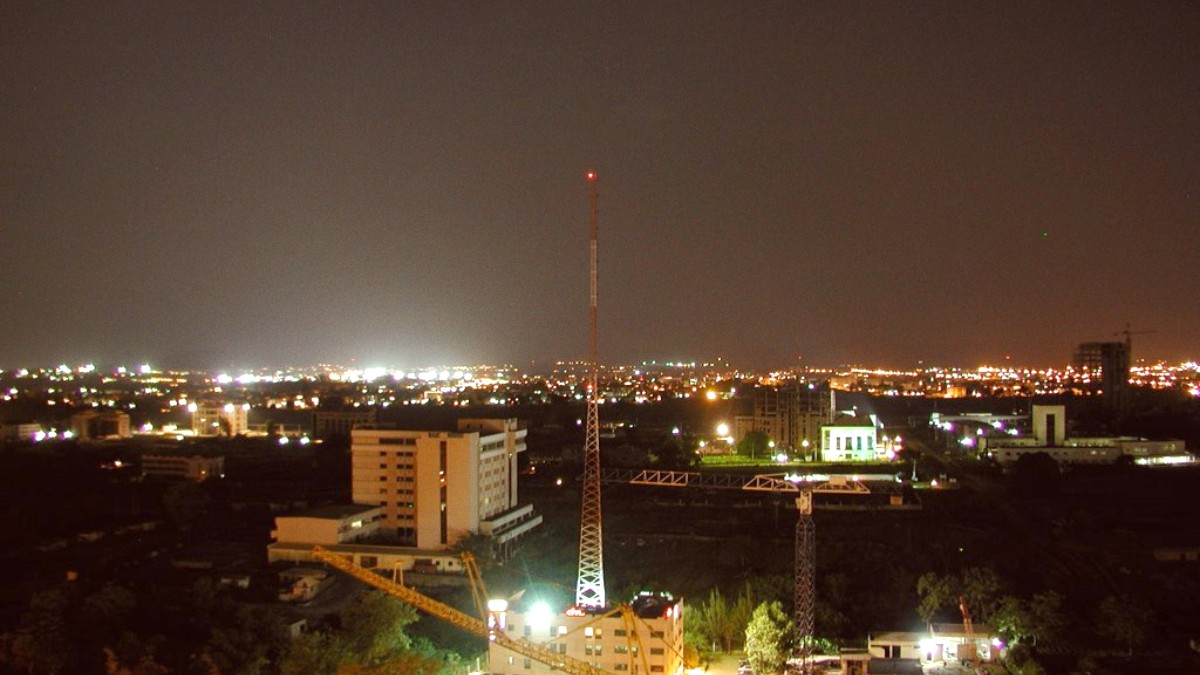
Nigeria
Abuja has a relatively new and clean light rail system, connecting the city center to the airport and Idu Industrial Zone. It mainly serves commuters. Buses are the main public transport for locals, operating on fixed routes. They are economical but can be crowded and lack clear schedules or maps for non-locals.
Abuja does not have a tram system. For accessibility, public transport, especially buses, is generally not designed for travelers with mobility challenges. The Light Rail is more modern, but accessibility features may still be limited.
Specific, comprehensive bus route maps are not widely available digitally.
Rely on asking locals for directions or identifying conductors calling out destinations.
Public transport generally lacks accessibility for mobility challenges.
Self-driving is not typically recommended for foreign tourists.
Not common or recommended for tourists due to safety risks.
No formal city-wide sharing programs. Cycling on main roads is hazardous.
Drive on the right. Seatbelts are mandatory. Traffic law enforcement varies.
While Abuja has green spaces, walking and cycling for general transport are not always practical or safe outside of specific areas. Distances between attractions can be considerable.
Ride-hailing apps (Uber, Bolt) offer greater convenience, clarity, and safety.
Private car hire with a driver offers comfort and flexibility.
Local buses for short distances or unique local experiences.
For most tourists, ride-hailing apps (Uber, Bolt) offer much greater convenience, clarity, and safety compared to relying solely on public buses for getting around the city. They supply direct routes and avoid the need to understand complex local bus networks. For inter-city travel, domestic flights or the Abuja-Kaduna train are advisable.
Main roads within Abuja's city center are generally well-maintained.
Good for city driving.
Many side roads and routes outside the immediate capital can be unpaved or have potholes.
Use caution in these areas.
Available at shopping malls, hotels, and office complexes, often for a fee.
Street parking can be challenging.
Abuja is a city of broad roads and planned districts. Efficient movement often involves a mix of private hire and ride-sharing for visitors. Local transport options provide a cultural immersion but require more navigation.
Planning ahead and using trusted services will make your travels within Abuja smooth and pleasant.